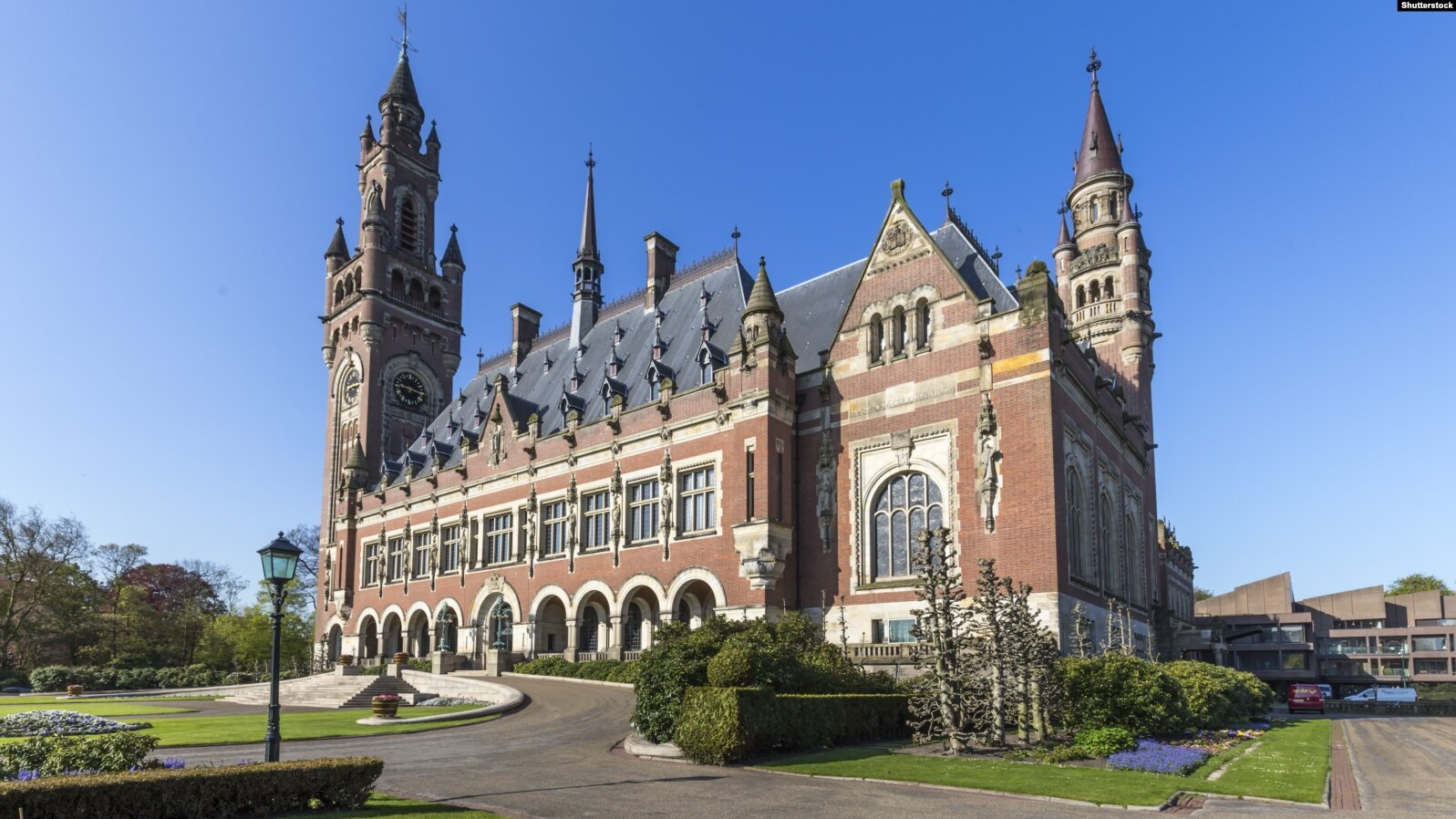'Baku’s demands are groundless': details of Hague case and views from Yerevan
Azerbaijan’s lawsuit against Armenia
Alongside its proposal to mutually withdraw lawsuits filed against each other in international courts, Azerbaijan continues to push its legal claims against Armenia. Reports emerged yesterday that Baku has turned to the Hague Arbitration Court, demanding compensation from Yerevan for environmental damage and harm to wildlife—specifically in Nagorno-Karabakh.
According to Armenia’s representative for international and legal affairs, Yeghishe Kirakosyan, this is not a new lawsuit. Azerbaijan initially filed a preliminary complaint in 2023 and has now submitted its main documents to the court.
He stated that Armenia will vigorously defend its position in the proceedings and refute Azerbaijan’s baseless claims, including demands for compensation.
Azerbaijan argues that Armenia has violated the Bern Convention on the Conservation of European Wildlife and Natural Habitats. However, the timeline for court hearings remains unclear.
Armenian experts view Baku’s lawsuit in the context of the peace treaty negotiations, highlighting contradictions between Azerbaijan’s rhetoric and actions.
“On one hand, they accuse Armenia of pursuing its legal claims, portraying court disputes as an obstacle to the peace process. On the other hand, they engage in strategic legal battles by advancing their own cases against Armenia,” said human rights lawyer and international law expert Siranush Sahakyan.
Armenia has not filed any lawsuits against Azerbaijan at the Hague Arbitration Court but is a respondent in two cases. Azerbaijan’s second claim demands compensation from Yerevan for the “illegal exploitation of Nagorno-Karabakh’s energy resources and the export of electricity to Armenia.”
- American or Turkish proposal? Discussion on territorial exchange between Armenia and Azerbaijan in the 1990s
- “Former Armenian Karabakh leaders imprisoned in Baku given psychotropics” – key points from Pashinyan’s interview
- ‘Dictatorship can’t deliver justice’: Former Karabakh officials on trial in Baku
Case details
According to Azerbaijan’s Foreign Ministry, Armenia has violated its obligations under the Bern Convention. Baku’s claim concerns the “period of occupation” of Nagorno-Karabakh.
Azerbaijan argues that the region’s environment and wildlife suffered due to deforestation, mineral extraction, and the construction of hydroelectric power plants:
“We demand full compensation from Armenia for the large-scale destruction of settlements and wildlife, as well as for actions that have negatively impacted hundreds of species and their habitats in Azerbaijani territories.”
“Azerbaijan Itself Should Bear Responsibility for Environmental Damage”
“Contrary to Azerbaijan’s claims, reports from the UN Environment Programme and other independent bodies provide clear evidence that Azerbaijan itself is responsible for the environmental damage caused in recent years,” the Office of Armenia’s Representative for International and Legal Affairs stated today.
According to the statement, Azerbaijan’s legal position “is based on an interpretation and application of the Bern Convention that does not align with its objectives.” The convention’s purpose, it noted, is to “promote cooperation between states to preserve wildlife and natural habitats.”
Experts from the office maintain that Armenia has upheld its commitments to environmental conservation since joining the Bern Convention.
Baku notified Yerevan of its intention to file a lawsuit two years ago, on 18 January 2023. The first procedural hearing at the Hague Arbitration Court took place on 12 April 2024, with Armenia’s delegation led by its representative for international legal affairs, Yeghishe Kirakosyan.
“Azerbaijan appears to be cynically using its so-called ‘environmental concerns’ as a tool to achieve political goals,” Kirakosyan stated.
Following the April hearing, the Armenian side issued a statement arguing that Azerbaijan itself should be held accountable for the environmental damage:
“Azerbaijan’s military actions in recent years have caused severe ecological problems in the region. It is Azerbaijan’s actions that have led to deforestation, soil and water pollution, and the depletion of the Sarsang Reservoir. Now, the flora and fauna of Nagorno-Karabakh remain under threat due to ongoing construction work and the demolition of buildings by Azerbaijan, aimed at preventing Armenians from returning to their homeland.”
As part of the proceedings, Armenia’s representatives plan to:
- Challenge Azerbaijan’s unfounded claims, and
- Submit counterclaims regarding Azerbaijan’s ongoing violations of its environmental obligations.
Expert commentary
Human rights lawyer Siranush Sahakyan stated that Azerbaijan submitted its key documents to the court within the required timeframe. She believes that if Baku intended to withdraw its international lawsuits as part of the peace treaty negotiations—something it demands from Armenia—it could have delayed the submission “for legitimate reasons.”
“Of course, courts do not consider political processes a valid justification for deadline extensions. If Azerbaijan had postponed its submission, it would have had to justify the decision and bear a disproportionate burden,” she explained.
At the same time, the international law expert noted that Azerbaijan also had the option of not submitting its claims at all within the given timeframe—something that would have signaled its unwillingness to pursue the case further.
In her view, this approach “would have been more in line with its political rhetoric about a mutual withdrawal of lawsuits in international courts.”
Political analyst Artem Yerkanyan argues that the Karabakh Armenians had every right to use the water resources and minerals of their homeland.
“As for Azerbaijan, during that same period, far more serious environmental issues were recorded there—illegal use of the Kura River’s waters, the destruction of Red List-protected animals, and pollution of the Caspian Sea basin due to oil extraction,” he said.
He also questions the legitimacy of the lawsuit’s target, pointing out that the territories in question were administered by the Republic of Artsakh, which—unlike Armenia—never joined the Bern Convention:
“Even if Armenia had administered these territories, it would be impossible to file claims against a state that acceded to the convention after the period under review. Armenia ratified the convention in 2008, while Azerbaijan’s accusations cover the period from 1991 onward.”
Yerkanyan argues that if Armenia had engaged in actions violating the convention, it would not have joined it in the first place.
He sees Azerbaijan’s multi-billion-dollar compensation claim as an attempt to pressure Armenia into dropping its own legal cases:
“Baku understands that Armenia’s lawsuits against Azerbaijan are legally far more serious and well-founded.”





















